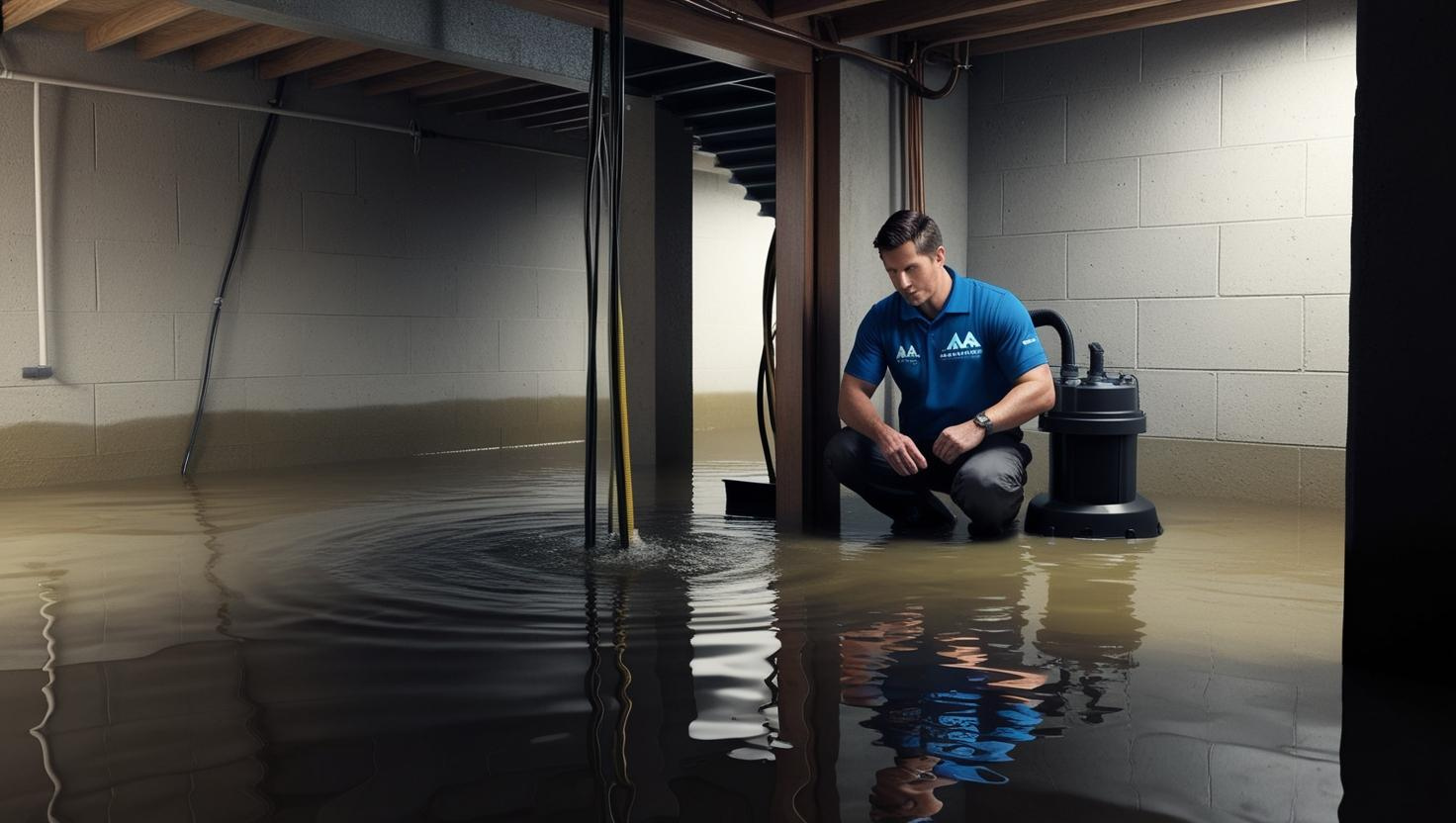As spring arrives, fluctuating temperatures and increased rainfall can put homes at risk of basement flooding. With snowmelt, saturated ground, and heavy rains, it’s essential to ensure your home’s drainage system is prepared. Here are some key tips to help protect your basement from costly water damage.
1. Inspect and Clean Your Sump Pump
Your sump pump is your first line of defense against basement flooding. Spring is the perfect time to test your pump to ensure it’s working properly.
- Test the pump: Pour a few gallons of water into the sump pit. The pump should activate and drain the water quickly.
- Clean the pump and pit: Remove any debris, dirt, or gravel that could obstruct the pump’s operation.
- Check the discharge pipe: Ensure the discharge line directs water away from your foundation and is free of clogs or ice buildup.
2. Clear Your Gutters and Downspouts
Clogged gutters can cause water to overflow and pool around your foundation, increasing the risk of water seeping into your basement.
- Remove leaves and debris: Clean gutters thoroughly to allow proper water flow.
- Extend downspouts: Make sure downspouts direct water at least 6-10 feet away from your home’s foundation.
3. Seal Cracks and Gaps in Your Foundation
Small cracks in your basement walls or floors can allow water to seep in during heavy rains. Inspect your basement for any signs of moisture or visible cracks.
- Use a waterproof sealant: Apply a high-quality waterproofing sealant to patch small cracks.
- Consider professional waterproofing: For larger cracks or persistent leaks, consult with a plumber or waterproofing specialist.
4. Ensure Proper Grading Around Your Home
The soil around your home should slope away from the foundation. Poor grading allows rainwater to collect and seep into your basement.
- Add soil if needed: If the ground slopes toward your home, add soil to create a slight grade away from the foundation.
- Avoid mulch near the foundation: Mulch can trap moisture, making it harder for the soil to drain properly.
5. Install a Backup Sump Pump or Battery System
Power outages during spring storms can disable your sump pump. To prevent flooding, consider installing a battery backup system. This ensures your pump continues running even if the power goes out.
6. Know When to Call a Professional
If you notice water pooling in your basement, recurring moisture issues, or suspect drainage problems, it’s time to call a licensed plumber. Early intervention can prevent costly water damage and protect your home’s foundation.
Protect Your Basement with Expert Plumbing Services
At Applause Plumbing and Heating, we specialize in basement waterproofing solutions, sump pump installation, and drainage repairs. Serving Easton, Bethlehem, Nazareth, Wind Gap, Phillipsburg, Stewartsville, Hunterdon County, Warren County, and surrounding areas, we’re here to help keep your home safe and dry. Contact us today for a plumbing inspection or consultation.


